42. Attempting to understand Hillary Clinton’s favourability ratings (Alistair Middlemiss)
43. A very queer Presidential election campaign: personal reflections from an LGBT perspective (Richard Scullion)
44. Love didn’t trump hate: intolerance in the campaign and beyond (Cherian George)
45. The blue-collar billionaire: explaining the Trump phenomenon (Richard M. Perloff)
46. Belonging, racism and white backlash in the 2016 US Presidential Election (Deborah Gabriel)
47. The theology of American exceptionalism (Eric McDaniel)
48. Organizing in Trump’s America: the perspective of the disability community (Filippo Trevisan)
49. Why are the German-Americans Trump’s most loyal supporters? (David Huenlich and Per Urlaub)
SECTION 5: OVERSEAS PERSPECTIVES
50. Media coverage of the US election in Arabic, Chinese, and Russian media (Randolph Kluver)
51. US Presidential campaign 2016 in a metaphorical mirror of the Russian media (Evgeniya Malenova)
52. The Greek perspective (Eleni Kioumi)
53. The richest Slovenian son-in-law: the Slovenian perspective (Uroš Pinterič)
54. Trying to avoid Trump: a Canadian experience (Alex Marland)
SECTION 6: DIGITAL CAMPAIGN
55. Did Russia just hand Donald Trump the Presidency? (Ryan C. Maness)
56. Taking Julian Assange seriously: considering WikiLeaks role in the US presidential campaign (Scott A. Eldridge II)
57. Social media did not give us Donald Trump and it is not weakening democracy (Daniel Kreiss)
58. Trump and the triumph of affective news when everyone is the media (Alfred Hermida)
59. Tweeting the election: political journalists and a new privilege of bias? (Svenja Ottovordemgentschenfelde)
60. The dissolution of news: selective exposure, filter bubbles, and the boundaries of journalism (Seth C. Lewis and Matt Carlson)
61. Fighting the red feed and the blue feed (Bente Kalsnes)
62. Two tribes go to vote: symbolism on election day (Darren G. Lilleker)
63. Ideas are for sharing (G. R. Boynton)
64. In the age of social media, voters still need journalists (Jennifer Stromer-Galley)
65. Dark magic: the memes that made Donald Trump’s victory (Ryan M. Milner and Whitney Phillips)
SECTION 7: POP CULTURE AND POPULISM
66. Donald Trump, reality TV, and the political power of parasocial relationships (John H. Parmelee)
67. New roles in the presidential campaign: candidates as talk show comedians (Alexandra Manoliu)
68. Farage’s Trump card: constructing political persona and social media campaigning (Bethany Usher)
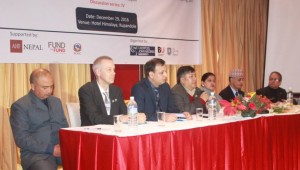 We had the honour to speak to Parliamentarians (MPs) in Kathmandu today (December 29th) as part of workshop to promote evidence-based policy-making. The workshop was organised by a consortium of three UK universities: Liverpool John Moores University (LJMU), Bournemouth University and the University of Sheffield. Fund the Fund supported this Advocacy Workshop with Parliamentarians and Policy Experts on HV and AIDS (Discussion series IV) in the Himalayan Hotel in Lalitpur in Kathmandu Valley. The workshop was attended by some 30 MPs from all major parties and three or four former ministers. The drive to increase evidence-based policy-making in Nepal is led by Dr. Gangalal Tuladhar MP.
We had the honour to speak to Parliamentarians (MPs) in Kathmandu today (December 29th) as part of workshop to promote evidence-based policy-making. The workshop was organised by a consortium of three UK universities: Liverpool John Moores University (LJMU), Bournemouth University and the University of Sheffield. Fund the Fund supported this Advocacy Workshop with Parliamentarians and Policy Experts on HV and AIDS (Discussion series IV) in the Himalayan Hotel in Lalitpur in Kathmandu Valley. The workshop was attended by some 30 MPs from all major parties and three or four former ministers. The drive to increase evidence-based policy-making in Nepal is led by Dr. Gangalal Tuladhar MP.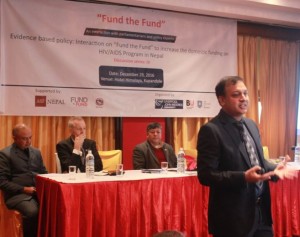
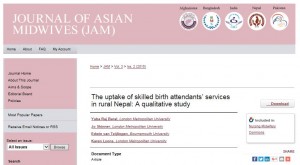

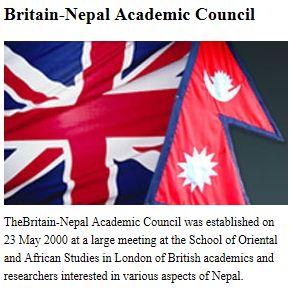
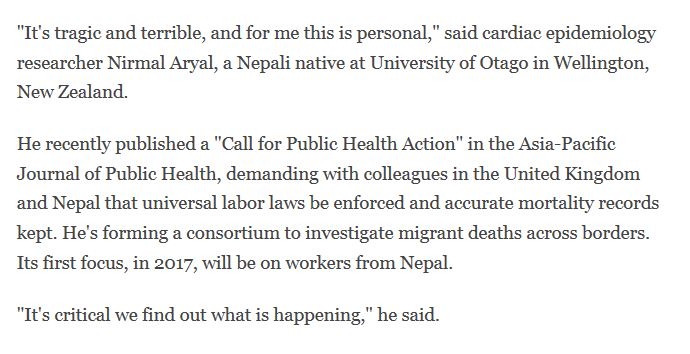
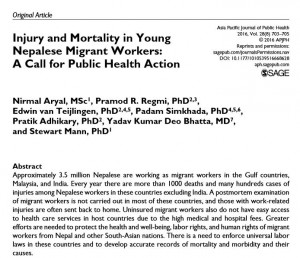
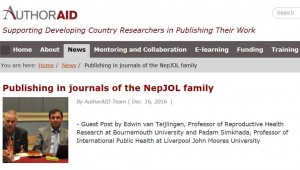
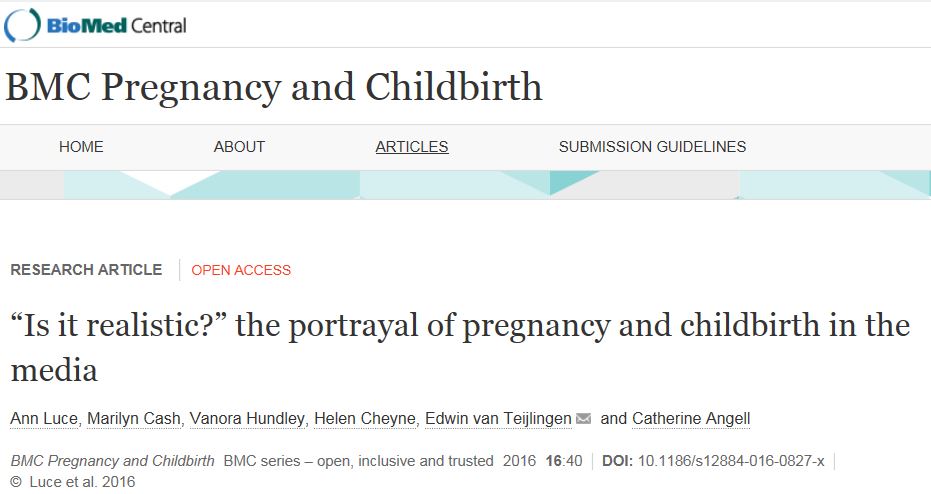
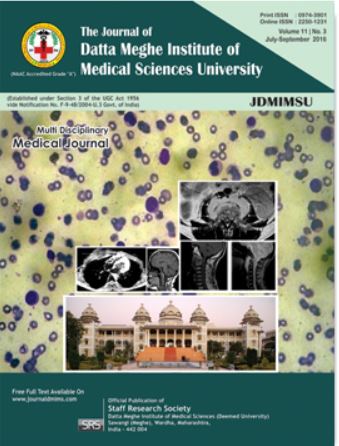
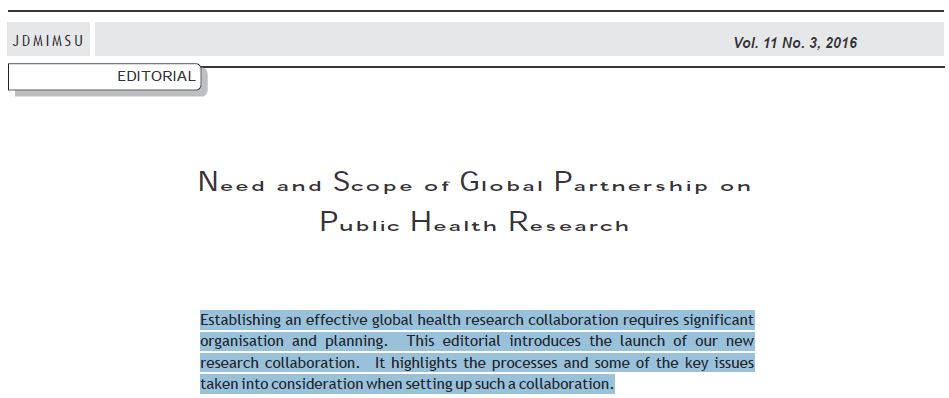

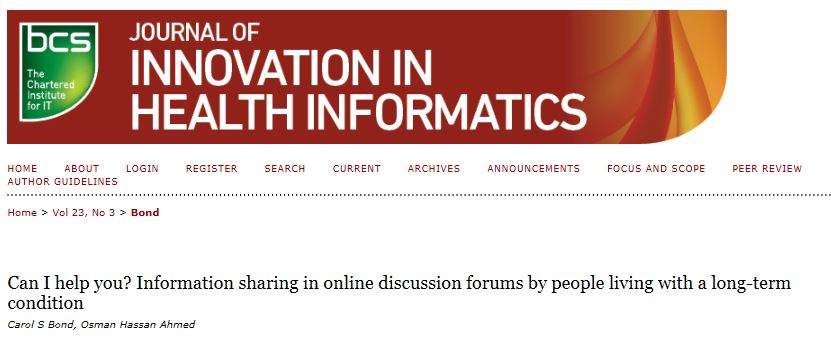
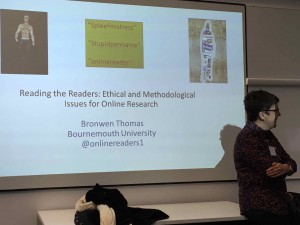
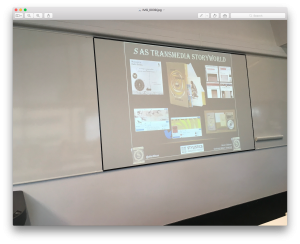
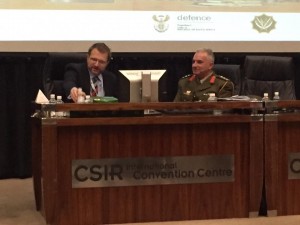
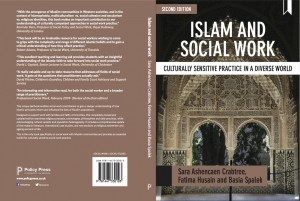 The complexities of multiculturalism as a social ontology and as a political discourse have taken a rapid and alarming turn to the right in a political moment of increasing social turbulence on issues that revolve around national identity, ethnicity and religion. It is therefore timely, if regrettably so, that the second edition of Islam and Social Work makes its debut this month.
The complexities of multiculturalism as a social ontology and as a political discourse have taken a rapid and alarming turn to the right in a political moment of increasing social turbulence on issues that revolve around national identity, ethnicity and religion. It is therefore timely, if regrettably so, that the second edition of Islam and Social Work makes its debut this month.










 Fourth INRC Symposium: From Clinical Applications to Neuro-Inspired Computation
Fourth INRC Symposium: From Clinical Applications to Neuro-Inspired Computation ESRC Festival of Social Science 2025 – Reflecting back and looking ahead to 2026
ESRC Festival of Social Science 2025 – Reflecting back and looking ahead to 2026 3C Event: Research Culture, Community & Cookies – Tuesday 13 January 10-11am
3C Event: Research Culture, Community & Cookies – Tuesday 13 January 10-11am Dr. Chloe Casey on Sky News
Dr. Chloe Casey on Sky News Final Bournemouth University publication of 2025
Final Bournemouth University publication of 2025 ECR Funding Open Call: Research Culture & Community Grant – Application Deadline Friday 12 December
ECR Funding Open Call: Research Culture & Community Grant – Application Deadline Friday 12 December MSCA Postdoctoral Fellowships 2025 Call
MSCA Postdoctoral Fellowships 2025 Call ERC Advanced Grant 2025 Webinar
ERC Advanced Grant 2025 Webinar Horizon Europe Work Programme 2025 Published
Horizon Europe Work Programme 2025 Published Update on UKRO services
Update on UKRO services European research project exploring use of ‘virtual twins’ to better manage metabolic associated fatty liver disease
European research project exploring use of ‘virtual twins’ to better manage metabolic associated fatty liver disease